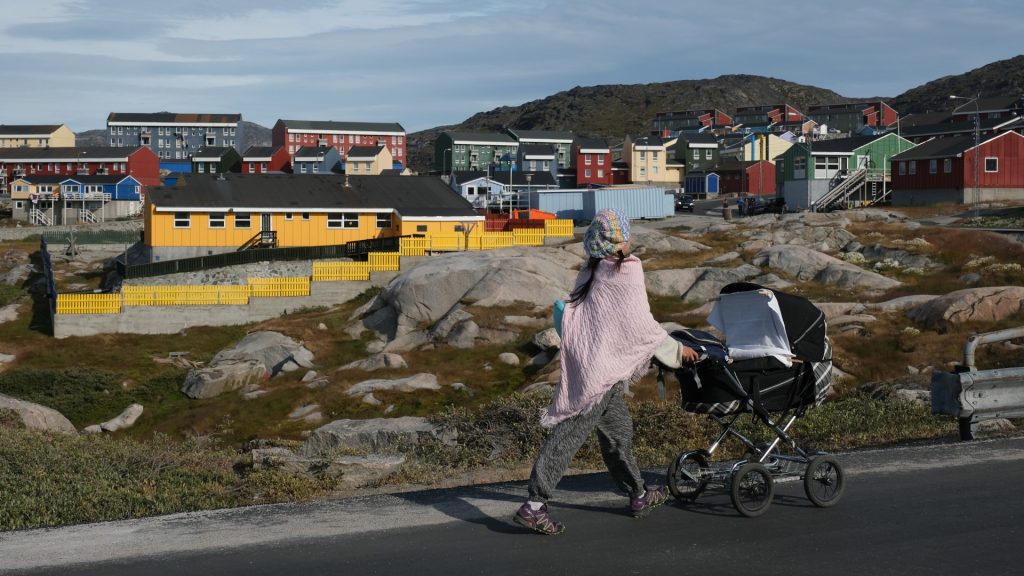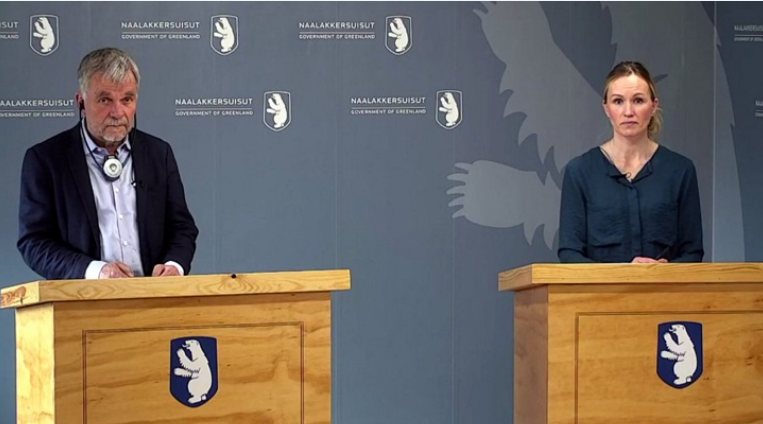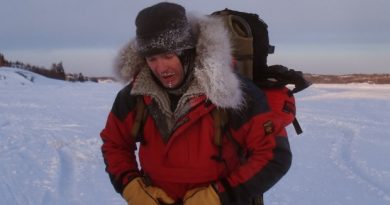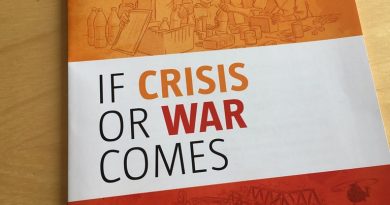Greenland approves revised COVID-19 strategy

Greenland has approved its revised COVID-19 strategy to prevent infections from arriving in the region.
While Greenland never adopted a herd immunity strategy, and had mobilized to prevent infections as much as possible from arriving in the Arctic territory, the infection increase in neighbouring jurisdictions like the Faroe Islands and Iceland has hit home the need to eliminate infection coduits from arriving in Greenland in the first place.
“International experience shows that at present, there are no societal benefits to spreading the infection to survive the pandemic,” the government said in a news release on Friday. “Therefore, the strategy has been changed to, as far as possible, avoid infection with COVID-19.”
The government stressed several factors when going through their revised strategy on Friday, saying the main focus would be preventing infections from entering the territory even though the measures necessary to ensure that “…will have many secondary consequences with significant societal consequences”.

There are no plans to tighten up the testing requirements further in the short term, but Greenland says it’s not excluding the possibility should circumstances change.
- Prevent infected people from entering Greenland
- If an infection occurs – avoid major outbreaks
- Avoid having infections in several places around Greenland at the same time
Preventing epidemic
Greenland says it’s implementing several strategies to keep infection out of the territory: stringent testing requirements to be allowed entry to Greenland; maintaining assembly restrictions to prevent mass conduits to infection; maintain ongoing public health education around hand washing and social distancing; ongoing monitoring and testing; making sure resources are available for quarantine and contract tracing if an outbreak occurs.
“The first to be infected will typically be travelers or contacts to travelers,” the government said. “These groups are often younger, healthy people and therefore will rarely become seriously ill or die. If infection is not contained, it will be able to spread throughout society and thereby quickly reach risk groups.”
Like many jurisdictions in Arctic Canada, Greenland has limited medical infrastructure outside of the capital city of Nuuk, something the government said required a robust approach when it comes to dealing with COVID-19.
“Greenland’s resources for infection control are limited,” the government said. “At the same time, the geography of the country makes any effort difficult and time consuming. In the event of an outbreak in several places, the real opportunities for control will be small, and there could be a nationwide epidemic with far-reaching consequences.”
The new strategy was approved as of August 21.
Greenland has had a total of 14 confirmed reported COVID-19 infections since the pandemic began. All people have since recovered and there’s been no new confirmed cases reported since June.
Write to Eilís Quinn at eilis.quinn(at)cbc.ca
Related stories from around the North:
Canada: Inuit gov. in Labrador, Canada tells out-of-province travellers to stay away despite ‘Atlantic bubble’, Eye on the Arctic
Finland: Finland joins other Nordic countries in virtual tourism due to pandemic, Yle News
Greenland: Greenland changes COVID-19 rules for travellers from Iceland, Faroe Islands, Eye on the Arctic
Iceland: Iceland intensifies COVID-19 border testing after case increase, Eye on the Arctic
Norway: Norwegian Arctic wilderness tourism hit particularly hard by coronavirus, The Independent Barents Observer
Russia: All Russia’s North Pole cruises rescheduled to 2021, Eye on the Arctic
Sweden: Sweden seen as major source of COVID-19 in Western Finland region, Yle News
United States: Airline shutdown creates new challenges for rural Alaska, The Associated Press



